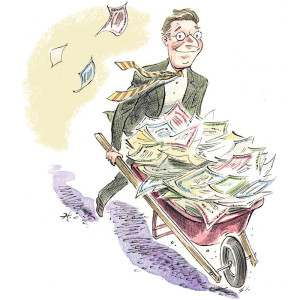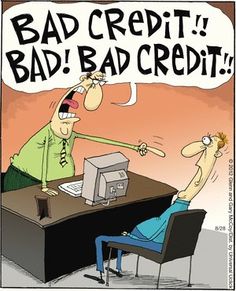The Advantages of High Yield Bonds
 A high yield bond, also known as a junk bond, is one that has an inferior credit rating when compared to corporate, treasury, or municipal bonds. The greater amount of risk associated with these bonds, however, conversely result in a higher yield than most traditional bonds. The two leading rating agencies S&P and Moody’s rate these bonds lower than BBB and Baa respectively.
A high yield bond, also known as a junk bond, is one that has an inferior credit rating when compared to corporate, treasury, or municipal bonds. The greater amount of risk associated with these bonds, however, conversely result in a higher yield than most traditional bonds. The two leading rating agencies S&P and Moody’s rate these bonds lower than BBB and Baa respectively.
There are, however, several advantages to investing in high yield bonds. There are also techniques you can use to lower the risk attached with these bonds. Forming high yield mutual funds will reduce the loss that you will incur in the event that a company defaults. Some of the benefits of these junk bonds are:
Increase Your Income
The yield of junk bonds can actually far surpass those of the traditional government or corporate bonds or even certificates of deposit. There are two main reasons for this. The first is that the high yield bonds are generally considered ‘risky’. This unfortunate risk assessment means that companies with low credit ratings need another hook. This arrives in the form of higher interest rates on the money invested. Thus, in the event that the company does well, you will receive much more money than you invested. The second explanation is that these bonds have very little correlation to the traditional investment market. This way you can still make a profit even if the stock market’s performance declines.
Capital Growth
The advantage with investing in companies with poor credit ratings is that these ratings are not fixed. The improvement of the market, industry, or corporation that you have financed with, can usually affect the credit rating of the company. This means that the credit rating can go up. This would automatically result in the rise in the price of your high yield bond. This is known as capital appreciation. You can observe growth in your capital due to a number of reasons including improved reports, mergers, acquisitions, or other economy-related events.
Insurance
Junk bonds may not be the safest asset to invest in. There are, however, still some ways that companies attempt to take the sting out of any defaults. For instance, it is a much better option to own bonds in a company than to be a shareholder in the same corporation. In the event a corporation is forced to liquidate, bondholders have a better claim to the capital structure of a company than stockholders. This means that they are more likely to receive payment. The discrepancy between the initial investment and the final payment is known as the ‘recovery rate’. The assets of a deteriorating company will be first divided among the bondholders before the shareholders. Even investors who hold bonds with a very low rating are more likely to be reimbursed than the average stockholder.
High yield bonds may be a more volatile investment than more traditional investments, but their considerable income yield may be well worth the risk. Furthermore, there are many ways that you can negate these risks with high interest rates and mutual funds. This ensures that your venture is a little more reliable.
















